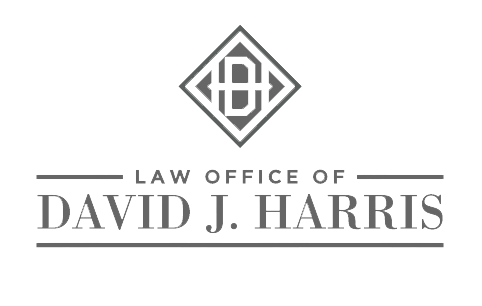When a dispute arises, an aggrieved person or business can sue another in court and, if the aggrieved party is victorious, the court will issue a judgment in the aggrieved party’s favor. The court will also issue a judgment in the aggrieved party’s favor if the party being sued fails to timely file an answer to the aggrieved party’s complaint.
Under Pennsylvania law, a judgment will act as a lien or charge on all real estate owned by the losing party in the county where the judgment is recorded with the county clerk of court (known as the Prothonotary in most counties in Pennsylvania, including Luzerne County, Lackawanna County, Columbia County, Wyoming County and Monroe County).
Under Pennsylvania law, a judgment does not act as a lien or charge on the losing party’s non-real estate assets, such as a bank account, furniture and other household goods or business equipment, until the winning party directs a sheriff to levy on those assets. The sheriff accomplishes this by going to the losing party’s residence or business and taking an inventory of the assets.
The party, in whose favor the judgment is awarded, can either:
(A) Execute on the judgment by seeking to force the sale of the losing party’s assets through a court order, paying off any prior or senior liens (i.e., mortgages or judgments that were recorded first) and then keeping the sales proceeds that remain; or
(B) Simply sit tight until the losing party is ready to sell the assets, in which case, the winning party will have to be paid in order for the sale to go through.
In summary, a judgment is a public declaration by a court that one party has a claim against another. The judgment can become a lien on the losing party’s assets to secure the claim of the winning party. In other words, it becomes a secured debt.
A bankruptcy filing can often void a judgment or the effect of the lien that it creates. Depending on a host of factors that will be discussed in later posts, the most common situations where this can be accomplished is where: (A) the judgment impairs an exemption afforded to the bankruptcy debtor under the Bankruptcy Code; (B) the judgment was recorded against one spouse and all of the debtor’s assets are jointly held with his or her spouse; (C) the judgment was entered within 90 days of the bankruptcy filing; or (D) the value of the assets are already fully encumbered by prior (or earlier recorded) liens.
If you have been sued and a judgment has been, or is about to be, entered against you or levy action has been, or is about to be, taken against you, please feel free to call me to discuss your options. I can be reached at (570) 823-9400 or at my e-mail address at dh@lawofficeofdavidharris.com.

